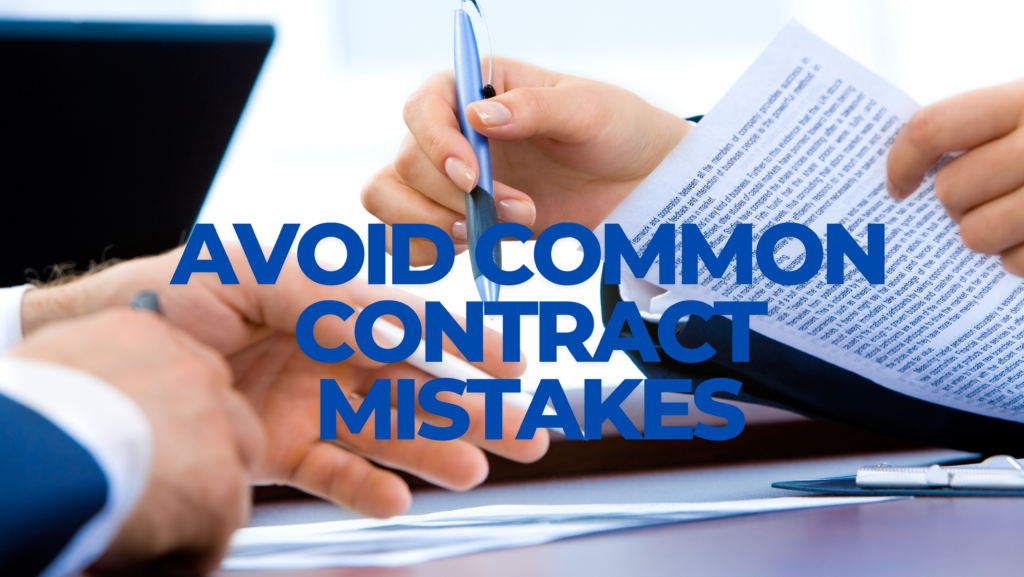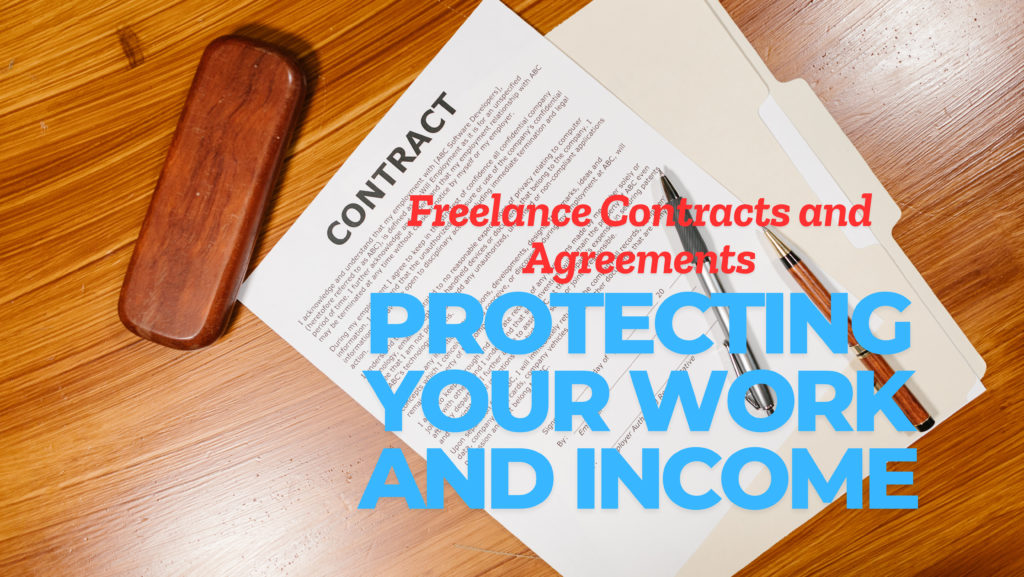Table of Contents
Have you ever completed a freelance project only to struggle with getting paid? Or perhaps a client suddenly changed the project scope without discussion? If so, you’re not alone.
Freelancing offers freedom and flexibility, but without proper legal agreements, you risk unpaid work, disputes, and lost income. That’s where Freelance Contracts and Agreements come in.
In this post, you’ll learn how to protect yourself, ensure fair payment, and build professional client relationships—all through well-structured contracts.
Why Freelance Contracts and Agreements Matter
Many freelancers rely on verbal agreements or informal emails. While this might work for small projects, it’s risky in the long run. Here’s why contracts are essential:
- They define expectations. A contract outlines deadlines, deliverables, and payment terms.
- They protect your income. If a client refuses to pay, a contract gives you legal backing.
- They prevent scope creep. Clients can’t suddenly demand extra work without renegotiating.
- They build trust. Professional agreements set the tone for a smooth working relationship.
If you want to freelance successfully, a solid contract isn’t optional—it’s a necessity.
Key Elements Every Freelance Contract Should Have
A Freelance Contract and Agreement isn’t just a formality. It’s your safety net. Here are the key sections you should include:
1. Project Scope and Deliverables
Clearly define what you will (and won’t) do. Avoid vague statements like “social media content.” Instead, write:
- “Create 10 Instagram posts, including captions and images.”
If a client requests extra work outside the contract, you can charge accordingly.
2. Payment Terms
Set clear rules on:
- Rate and structure: Hourly, per project, or retainer-based?
- Payment schedule: Upfront deposit, milestone payments, or full payment upon completion?
- Late fees: If the client delays payment, include penalties to encourage timely transactions.
A well-defined payment structure keeps your cash flow steady.
3. Revisions and Edits
Revisions can drain your time if you’re not careful. Avoid endless requests by specifying:
- The number of free revisions (e.g., “Up to two rounds of revisions”)
- Fees for extra changes
- The deadline for revision requests
This ensures clients respect your time and effort.
4. Deadlines and Timelines
Specify due dates for drafts, revisions, and final submissions. Also, include:
- The client’s role (e.g., “Client must provide feedback within 48 hours”)
- Penalties for delays caused by the client
This prevents unnecessary project hold-ups.
5. Cancellation and Termination Policies
Sometimes, projects don’t work out. Protect yourself by including:
- Kill fees: Compensation if the client cancels mid-project
- Notice period: How much notice is required for cancellations?
- Non-refundable deposits: Ensures you’re paid for your time upfront
With these terms, you won’t lose money on unfinished work.
How to Present Your Freelance Contract Professionally
Even the best contract won’t help if the client refuses to sign it. Here’s how to make it easy for them:
- Use clear, simple language. Avoid legal jargon. Clients should understand the terms easily.
- Send it professionally. Use platforms like DocuSign, HelloSign, or PandaDoc for digital signing.
- Be open to discussion. If a client wants adjustments, negotiate fairly while protecting your rights.
Most serious clients will appreciate the professionalism of a contract. If someone refuses to sign, that’s a red flag.
Common Contract Mistakes (and How to Avoid Them)

Even experienced freelancers make contract mistakes. Watch out for these:
- Not having a written agreement. A verbal promise won’t hold up in a dispute.
- Forgetting to include late fees. Without penalties, clients may delay payments.
- Leaving terms too vague. Always specify deadlines, payment amounts, and revision limits.
- Failing to include a dispute resolution clause. Outline how conflicts will be handled to avoid legal battles.
Avoid these pitfalls, and you’ll work with more confidence and security.
Conclusion
Freelancing gives you control over your work, but Freelance Contracts and Agreements give you control over your income. A strong contract ensures clear expectations, fair payment, and smooth client relationships.
Don’t wait until a dispute arises—start using contracts today. Have you ever faced issues due to missing agreements? Share your experience in the comments!



